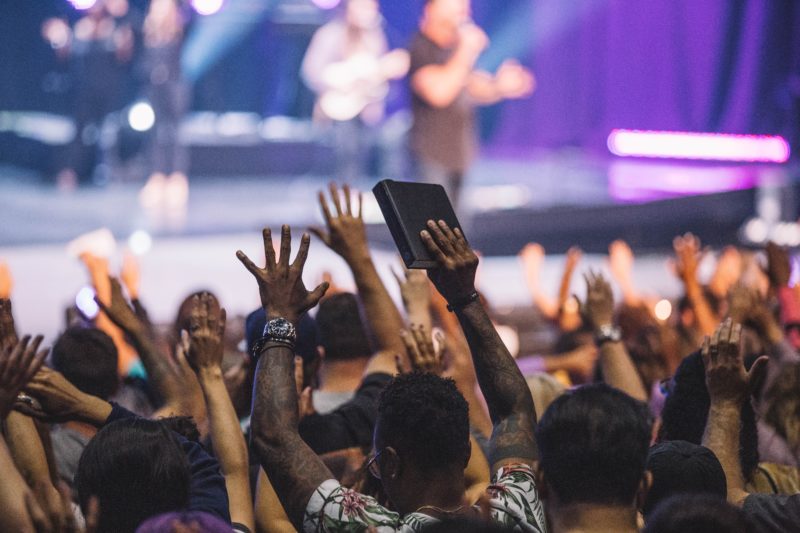Multi-ethnic Church Building
What We Are About
“The heart of our work rests on being relational, motivational & passionate, creating an environment in which we all actively engage the topic & one another in a safe environment in order to grow & learn together.” – Bob & Nicole Hewitt

What does it mean to be a healthy multiethnic, economically diverse church?
A healthy multiethnic and economically diverse church is driven not by political correctness but rather by the mandate of the gospel. First century New Testament churches in the bible in Antioch, Ephesus and Rome provide clear cues for God’s vision of the church, whereby men and women of diverse ethnic and economic backgrounds worshiped, worked and pursued life together. It is the church spoken about in the book of Revelation:
“After these things I looked, and behold, a great multitude which no one could number, of all nations, tribes, peoples, and tongues, standing before the throne and before the Lamb, clothed with white robes, with palm branches in their hands, and crying out with a loud voice, saying, “Salvation belongs to our God who sits on the throne, and to the Lamb!” (Revelation 7:9-10)

Why pursue a multiethnic and economically diverse church?
While most churches say they are “open” to diverse persons attending their church, and even that they genuinely desire more diversity in their congregational body, the reality is that over 86% of churches are 99% homogenous when it comes to ethnic and economic diversity.
Not unlike first century churches, in a society today prone to division and conflict along the lines of race, class and culture, the multiethnic, economically diverse church intentionally pursues unity and diversity of believers to fuel gospel credibility and draw people to Jesus Christ!
“I do not pray for these alone, but also for those who will believe in Me through their word; that they all may be one, as You, Father, are in Me, and I in You; that they also may be one in Us, that the world may believe that You sent Me. And the glory which You gave Me I have given them, that they may be one just as We are one: I in them, and You in Me; that they may be made perfect in one, and that the world may know that You have sent Me, and have loved them as You have loved Me. (John 17:20-23)

What does it mean to build a healthy multi-ethnic, economically diverse church?
This is the intentional engagement in a life-long process, more than a final destination or outcome. This type of church building engages, equips, and encourages church pastors, leaders and members with the spiritual and practical knowledge, values, skills for building the earthly church that matches the church spoken about in heaven.

What kinds of things do multiethnic churches focus on?
Multiethnic churches are as unique and diverse as other churches in terms of the rhythm of their bodies. No two churches are the same! At the heart of every successful multiethnic church is the mission of elevating Jesus Christ and making Him known to others through His living church. According to Mark Deymaz, in his book Disruption: Repurposing the Church to Redeem the Community, there are three key critical tasks for our churches today:
- Model reconciliation (Sharing and do the work of reconciliation)
- Reflect the community (Ensuring the community & its needs are an intrinsic part of who you are)
- Promote peace (Leveraging & laying down privilege you have (as Christ did) for the sake of others)
What we do that assists churches
- Train & equip leadership teams
- Cast vision for the journey
- Provide workshops and seminars to enhance skill and capacity
- Assist in short-term and long-term goal planning
- Facilitate congregational events and activities
- Facilitate Retreats
- Create surveys and assessments